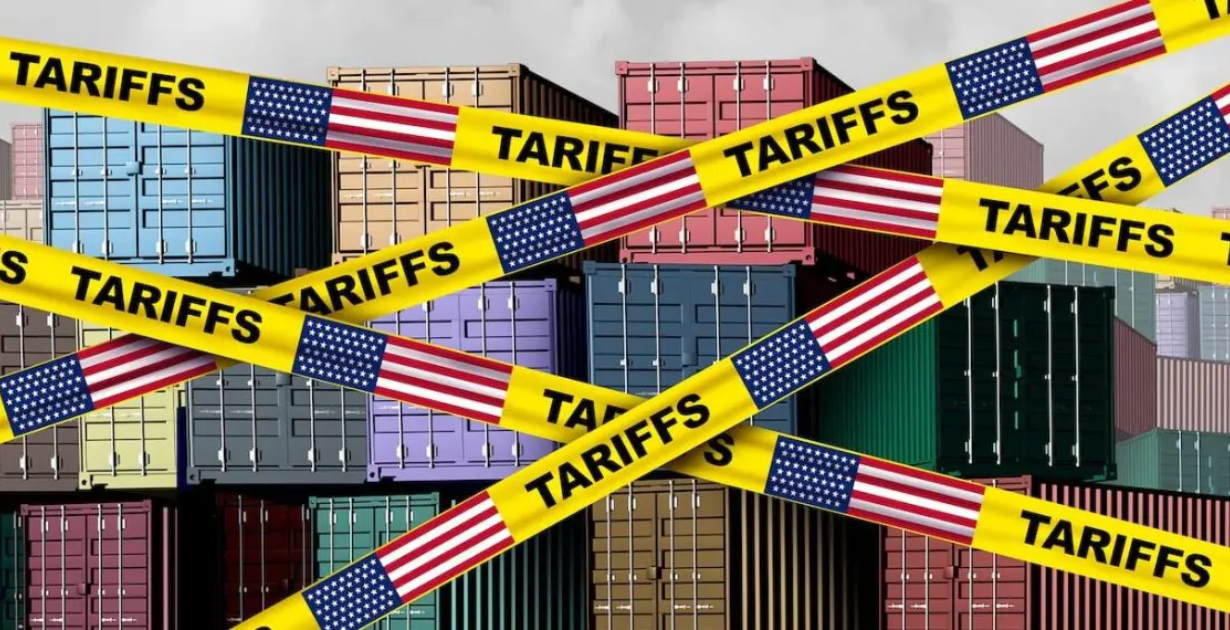Africa’s Cross-Border Trade Endangered by Tariff Wars
The escalating global tariff conflicts have presented new obstacles to Africa’s cross-border trade.
Experts caution that these tensions have the potential to disrupt economic growth and payment systems. Businesses in South Africa are exceedingly susceptible to these modifications.
Global markets have been rendered uncertain by the tariff policies of the United States administration. African exporters are concerned about the possibility of reduced access to critical markets and increased expenses.
This situation necessitates immediate attention from trade bodies and policymakers.
Financial institutions are striving to adjust to the evolving environment. There is a movement to establish commercial partnerships that are more resilient and diverse. Regional cooperation is considered an essential approach to risk mitigation.
Alternative markets are being investigated by businesses in order to mitigate their dependence on conventional partners.
Intra-African trade is becoming increasingly recognized as a sustainable solution. There is a growing emphasis on the enhancement of the African Continental Free Trade Area.
Technology is instrumental in streamlining transactions. Cross-border commerce is being facilitated by the enhancement of digital payment platforms. In response to these obstacles, it is anticipated that investments in fintech will increase.
Governments are encouraged to aid industries that have been impacted. Businesses may be able to navigate the turmoil with the assistance of financial assistance and policy modifications. Proactive measures are prioritized by stakeholders.
The impact of these tariff conflicts will be determined in the coming months.
This challenge could be transformed into an opportunity through collaboration among African nations. A more robust and self-sufficient African economy may be facilitated by a united front.
news via inbox
Get the latest updates delivered straight to your inbox. Subscribe now!




